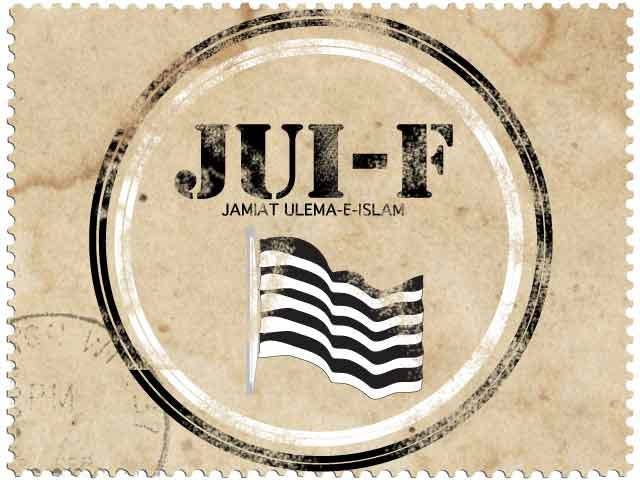Analysis: JUI-F aims to become linchpin in ANP’s peace overture
Hopes of all-parties conference revived by Maulana Fazlur Rehman’s change of heart.

JUI-F chief Maulana Fazlur Rehman indicated he had discussed the issue with ANP chief Asfandyar Wali Khan. PHOTO: FILE
On Sunday, JUI-F chief Maulana Fazlur Rehman indicated he had discussed the issue with ANP chief Asfandyar Wali Khan, and that they have both agreed to take the proposal forward.
JUI- F, however, has laid down a stipulation. It wants the grand jirga formed by the party over the past few months to play a central role in the process.
Fazl said both the Taliban and the government could approach the jirga, which would act as a mediator if other parties agree to empower it for the said purpose. This would indirectly make JUI-F the linchpin for any peace overture with the Taliban.
Fazl’s statement is a retraction of his January 13 declaration wherein he refused to be a part of any move of the ANP to hold an all-parties conference (APC) to negotiate with the Taliban.
“Policies that ANP pursued during its tenure resulted in the killing of countless innocent people and we will not become part of any such effort,” said Fazl.
The second salvo was fired by Jamaat-e-Islami (JI) on the same day. A JI spokesperson issued a statement from its provincial secretariat saying his party was not going to attend the upcoming moot.
JI cited the government’s use of force against Bara tribesmen at a protest over the killing of 18 persons in Khyber Agency during which police dispersed demonstrators using tear gas and water cannons.
The refusal of the two largest politico-religious parties to participate in ANP’s proposed APC placed a question mark over the possibility of a political consensus to combat terrorism.
JUI-F’s change of heart has now revived ANP’s hopes of getting out of a situation where it is becoming extremely difficult for the party to be politically active while at the same time acting as a vanguard against Tehreek-e-Taliban Pakistan (TTP).
Interestingly, JUI-F’s offer to use its sponsored jirga is a rather bizarre demand, which may catch ANP off-guard. If the provincial government does agree to JUI-F’s proposals, it will be fully dependent on the latter in the near future.
But ANP has learnt its lessons the hard way over the past few years. A peace deal signed with militants in Swat in 2008 collapsed and resulted in consequent military operations. The failure also resulted in Taliban continuing to target ANP leaders.
The assassination of senior provincial minister Bashir Ahmad Bilour then led to the party softening its tirade, saying they were not asking militants to lay down their arms, but only to shun violence. This was a significant change in the party’s years-old anti-militancy rhetoric.
It is likely the party realised it could not afford to continue with the vociferous stance, which may result in loss of public sphere. The party also seems adamant not to repeat its earlier failure in trying to unite political parties over power cuts.
However, given the proximity of elections, all quarters want to get the most out of any deals they cut. The ANP wants to carry out an unhindered election campaign, while JUI-F wants some stake in changing the scheme of things.
Published in The Express Tribune, January 29th, 2013.



















COMMENTS
Comments are moderated and generally will be posted if they are on-topic and not abusive.
For more information, please see our Comments FAQ